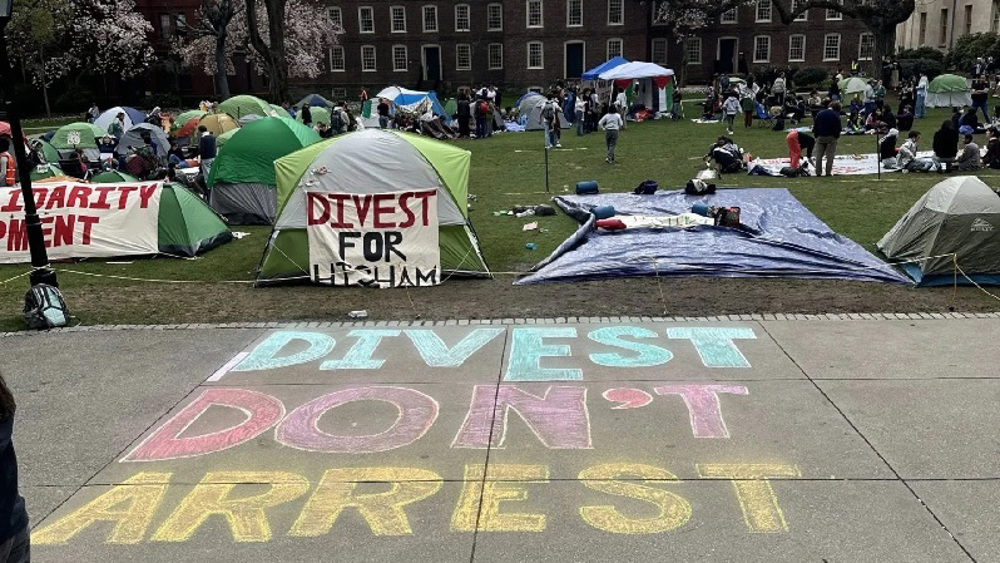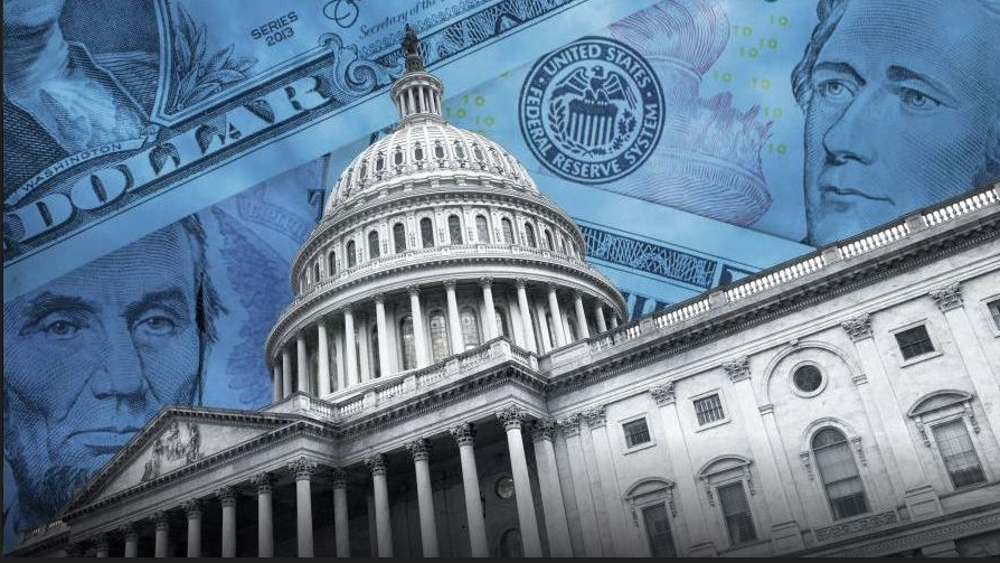Thousands to attend first US minimum wage rally since election
Thousands of American workers have planned to hold nationwide demonstrations on Tuesday to demand a rise in their minimum wage, a first since the election of Donald Trump as the 45th US president.
Besides higher pay, the protesters, who are mostly from fast-food restaurants and around 20 airports, also demand union rights and immigration reform, Reuters reported Tuesday.
At the heart of the movement are workers of McDonald's Corp restaurants in 340 cities. Baggage handlers and cabin cleaners at Chicago's O'Hare and Boston's Logan international airports are also partaking in the protest to demand a minimum pay of $15 per hour, according to the “Fight for $15” campaign, which organized the event.
Backed by the Service Employees International Union (SEIU), the gatherings will also be attended by home health and child care providers.
Drivers hired by the online ride service Uber Technologies Inc also said they were going to join the action.
Since 2012, the movement has sought to increase the $7.50 federal minimum wage, only to see their hopes dashed by the Republican-controlled Congress.
However, the protesters have made it clear that they would not back off, even though the Republicans won both the presidency and a stronger majority Congress earlier this month.
During his campaign run, Trump flip-flopped on the issue, giving very different responses ranging from “you need flexibility” to “everything is negotiable.”
In August last year, he said he would make “great jobs” that earn a lot more than $15 an hour but a low minimum wage was “not a bad thing.”
He again opposed a raise in November 2015, saying wages were “too high” and “we have to leave it the way it is.”
Days later, he denied calling the wages too high, saying he supported a raise but refused to clarify whether he meant federal minimum wage or the state minimum wage.
In January, 14 US states and several cities decided to marginally increase the federal minimum wage.
California and Massachusetts saw the highest increase, with the figure rising from $9 to $10.
South Dakota had the smallest increase, with the minimum wages per hour rising by a nickel to $8.55.
VIDEO | Press TV's news headlines
Iranian satellites launched into space as private sector debuts in space industry
VIDEO | Iran, Azerbaijan conduct joint maritime rescue operations
VIDEO | Yemen’s Red Sea divide: Naval forces block Israeli-linked ships in strategic ‘parting of the water’
VIDEO | Southern Gaza: Israel’s facade for famine and suffering
VIDEO | IOF hampering humanitarian aid
VIDEO | Sharmahd: Justice Done
Iran repeatedly warned Israel not to test its will: FM










 This makes it easy to access the Press TV website
This makes it easy to access the Press TV website